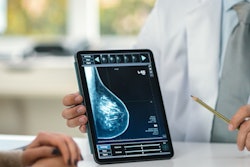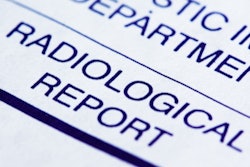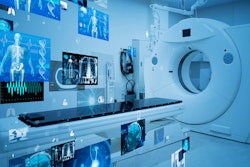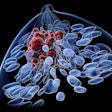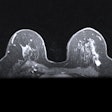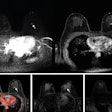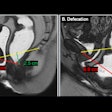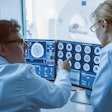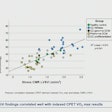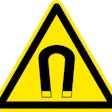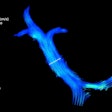The U.K. Society of Radiographers (SoR) is highlighting research being conducted at Addenbrooke’s Hospital, part of Cambridge University Hospitals, showing that ultrapowerful MRI scans could help patients with epilepsy receive curative surgery.
Staff at the Addenbrooke's are currently using a 7 tesla (7T) MRI scanner for research, which is capable of producing images with more detail than standard scanners. They've developed a technique allowing MRI to detect small lesions, noted SoR.
The research described a "triangulation" technique that addresses the issue of signal blackspots on ultra-powerful neuro MR images. Multiple transmitters are positioned around the patient's head in a process known as "parallel transmit MRI." With this, clinicians can detect smaller lesions and allow more patients to be offered surgery to cure their condition.
The study scanned 31 patients with the parallel transmit technique, and 57% of the produced images were clearer than with existing methods, while the rest were of equal quality. As a result, 18 patients are managing their epilepsy differently, including nine who are now able to have potentially curative surgery. The study also found that the procedure was just as comfortable for patients as standard MRI.
The research team is continuing trials using 7T MRI and hopes more patients will benefit from them. For further details, go to: https://www.sor.org/news/mri/ultra-powerful-mri-could-allow-surgery-for-patient




